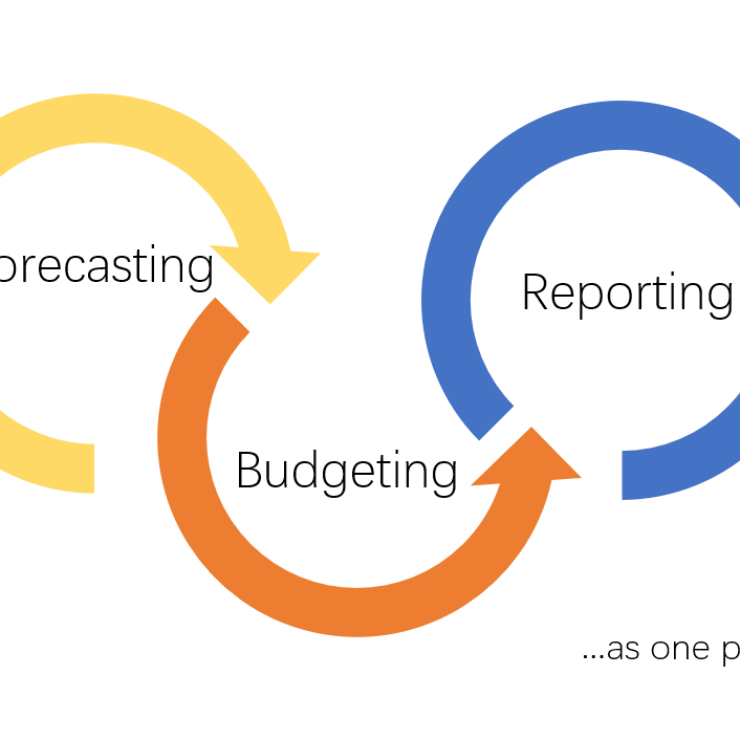In the contemporary digital ecosystem, the convergence of enterprise resource planning (ERP) systems and ethical considerations has become a pivotal discourse, resonating across industries worldwide. OpenScope ERP solutions, heralding a new era of comprehensive data management, necessitate a profound exploration of ethical paradigms. Among these considerations, safeguarding privacy stands tall as a foundational pillar, but the ethical spectrum extends far beyond mere privacy concerns.
Privacy: The Bedrock of Ethical Data Usage
At the heart of ethical OpenScope ERP data usage lies the fundamental principle of privacy. These expansive systems intricately gather, process, and store multifaceted data, ranging from personnel records to financial intricacies. Safeguarding this treasure trove of information demands an unwavering commitment to privacy principles.
Organizations leveraging OpenScope ERP systems shoulder the responsibility of upholding informed consent, data minimization, and robust encryption. Transparency in informing stakeholders about the nature and use of collected data, coupled with minimizing the acquisition of personal data to the essentials, remains paramount. Encryption serves as a fortress guarding sensitive information against potential breaches.
Beyond Privacy: Expanding Ethical Horizons
However, ethical considerations in OpenScope ERP data usage transcend the precincts of privacy alone. Delving deeper unveils a landscape encompassing various ethical dimensions:
Data Accuracy and Reliability: Ensuring the accuracy of ERP data is not just an operational necessity; it’s an ethical imperative. Inaccurate data can lead to flawed decisions and misrepresentations. Upholding data accuracy entails implementing stringent data quality controls, fostering a culture of precision in data input, and embracing transparency in data handling.
Equity and Fairness: ERP data can inadvertently perpetuate biases, impacting crucial organizational facets like recruitment, promotion, and resource allocation. Mitigating this risk demands a vigilant approach, involving regular audits to identify biases and instituting inclusive, data-driven decision-making processes.
Data Security: Protecting ERP data from breaches and mishandling is an ethical obligation. Robust security measures and rapid response protocols shield sensitive data, averting potential harm to individuals and organizations.
Sustainability and Responsibility: The ecological footprint of ERP systems, including the energy consumption for data centers, necessitates ethical considerations. Embracing sustainable practices and exploring eco-friendly data storage solutions showcase a commitment to environmental responsibility.
Ownership and Control: Transparency regarding data ownership and governance is crucial. Upholding the rights of individuals and stakeholders concerning data control fosters trust and ethical practice.
Embracing Ethical OpenScope ERP Data Usage
In conclusion, ethical OpenScope ERP data usage transcends the confines of privacy, delving into a multifaceted landscape of responsibility, fairness, accuracy, security, sustainability, ownership, and control. Organizations navigating this terrain must adopt a proactive ethical stance.
Embracing ethical data practices not only aligns with moral obligations but also shapes an organization’s credibility, reliability, and sustained success. Prioritizing ethics in OpenScope ERP data usage ensures not only compliance but also a positive societal impact, creating a harmonious blend of technological advancement and ethical responsibility. In this new era, ethical OpenScope ERP data usage emerges as the cornerstone, fortifying privacy while embracing broader ethical imperatives.




